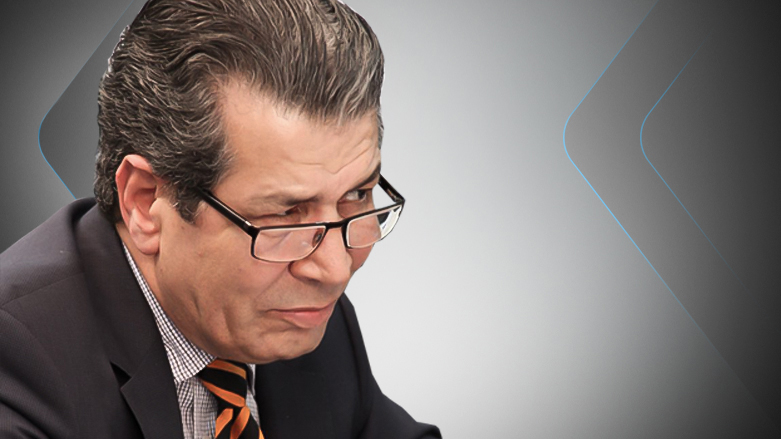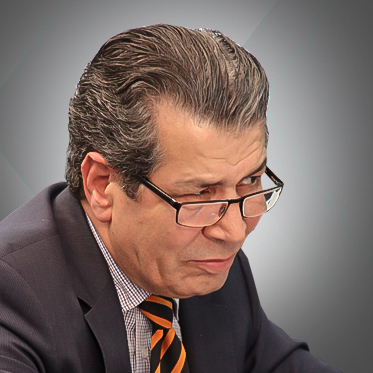Kurds: A force of democratic change in the region

After the tyrannical period of former dictator Saddam Hussein’s rule, Kurdistan became the most prosperous, secular part of the new Iraq, in a close working relationship with the West. It welcomed modernity as much as the historical conditions made it possible.
Despite the many challenges of internal and regional obstacles, the story of Kurdish success is ongoing in the Middle East.
Now that some nations in the region are demonstrating themselves as perfect examples of what is called failed states, the relative success of Kurds together with its current positive potential will demonstrate itself as a point of hope, undoubtedly.
In the past, three different circles of competition have been crucial obstacles toward Kurdistan’s progress: 1) the competition between Erbil and Baghdad, 2) between Erbil and its neighboring countries, Turkey and Iran, and 3) internal competition. Each of these is crucial to understand the interrelatedness and the dynamics of the challenges.
In 2003, with the fall of Hussein, Kurds had the chance to rule and govern themselves thanks to support from the democratic world.
The Kurdistan Region demonstrated a different mindset and political conduct toward what is called the world of modernity. Consequently, the Region was labeled “the other Iraq.” A few years later, the internal capacity of the Kurdistan Region demonstrated that it is not strong enough to stand against the destructive influence and policies of neighboring countries.
What is the problem then? Many would answer that the Region’s weak point is the lack of internal unity. Hence, it is crucial to gain insights into the real reasons and dynamics behind this disunity.
After the noxious periods imposed by Hussein’s rule of Anfal and Halabja (where villages were destroyed and people forced to seek refuge in the mountains), in 1991, Kurds finally got the chance to replace the Iraqi state’s bureaucracy within the region’s no-fly zone.
Since then, a competitive process among the armed political parties has started. The rivalry is about who should run the region. This process became the most dominant development of the socio-political life in Kurdistan.
Powerful neighboring countries took advantage of this very fact by supporting different factions. This resulted in Kurds not being masters in the context of political action.
Internal competition and the inability to put an effective and modern institutional framework in place made this possible and paved the way for Kurds’ adversaries to influence their politics. This institutional framework could control the process of accumulation of power as well as be considered a strategic challenge for Kurdish politics.
The relationship between success in practicing modernity and the existence of powerful allies is crucial; they are strongly interrelated. The more unconditional support Kurds receive, the more they can resist the influence of destructive forces. Therefore, Kurds and their allies have an enormous task on their hands: securing a modern and democratic development in the region. Neighboring countries such as Iran and Turkey along with their peers are determined to push the region backward, into an undemocratic and terror-dominated region. Therefore, there is a need for cooperation between the modern world and the Kurds.
Houssein Kordnejad is the Manager of the Economic Research program at the Kurdistan Institute for Research and Development.
The views expressed in this article are those of the author and do not necessarily reflect the position of Kurdistan 24.
Editing by Karzan Sulaivany
